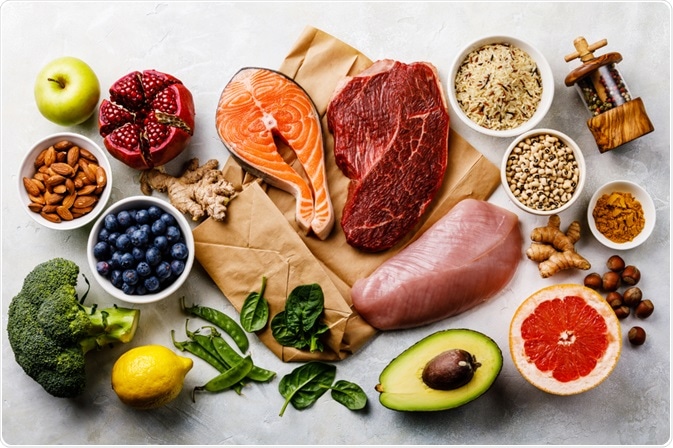Prevent Cancer by Changing These 10 Daily Habits
Prevent cancer is not just about genetics or regular check-ups it’s deeply connected to everyday habits, many of which go unnoticed. From what you light in your room to how you heat your food, small routines may carry hidden health risks. Recent studies suggest that long-term exposure to common chemicals, air pollutants, and poor lifestyle habits could increase the chances of developing certain types of cancer. By making simple adjustments, you can lower your risk and protect your health more effectively. WHO 
Subtle Lifestyle Triggers That May Impact Your Long-Term Health
Using scented candles or incense sticks may seem relaxing, but frequent exposure to their smoke can release harmful particles into the air. These fine particles and chemicals, especially when inhaled indoors, may irritate the lungs and increase cancer risk over time. Switching to natural alternatives and improving ventilation can help reduce this danger.
Sunlight is another surprising factor. While overexposure to UV rays is harmful, avoiding sunlight altogether can lead to a Vitamin D deficiency. Low levels of this essential vitamin have been linked to a higher risk of certain cancers, especially breast and colon. A few minutes of morning sunlight each day can make a difference.
Many people use beauty products without checking the label, but common ingredients like parabens might disrupt hormonal balance. Some findings have connected parabens to higher breast cancer risks. Choosing paraben-free skincare can be a safer choice in the long run.
Cooking methods also matter. High-heat cooking in poorly ventilated kitchens can produce smoke filled with toxins. When inhaled regularly, especially without an exhaust fan or open window, this can increase the risk of lung-related illnesses, including cancer.
Using plastic containers in the microwave might be another hidden issue. When heated, plastics can release chemicals such as BPA into food. Over time, this contamination could contribute to serious health issues. Replacing plastic with glass or ceramic containers is a smart and easy swap.

Charred or burnt food—especially when regularly consumed—contains a compound called acrylamide. Found in crispy or overly browned foods, this substance may be linked to cancer risks. Avoiding overcooked parts of dishes like rice, meat, or snacks can reduce this exposure.
Also Read : 1 Brave Tribal Girl’s Journey from Salem Hills to IIT Sparks Statewide Applause
Regular smoking and drinking remain among the most well-known cancer-causing habits. Even occasional use can affect major organs and raise the risk of multiple cancers, including throat, liver, and breast. Cutting down or quitting entirely provides almost immediate health benefits.
Excess sugar, while not directly causing cancer, contributes to obesity—a condition that increases the risk of several cancers. Keeping sugar intake low and focusing on natural, whole foods helps maintain a healthy weight and lowers your overall risk.
Sleep and stress are two silent factors. Lack of quality sleep weakens the immune system, while chronic stress can lead to hormonal imbalance and inflammation. Both conditions may indirectly support cancer growth. Getting enough rest and managing stress through daily habits like yoga or journaling is essential.
Even something as simple as regular screen time and sedentary lifestyle habits can increase cancer risks over time. Movement, hydration, and balanced nutrition are underrated tools for long-term prevention.
Final Thought on How to Prevent Cancer Naturally
Preventing cancer isn’t about drastic changes—it’s about awareness. Your home, kitchen, and self-care habits all play a part. By paying closer attention to what you use, eat, and do every day, you can take small steps that make a big difference for your long-term health.

